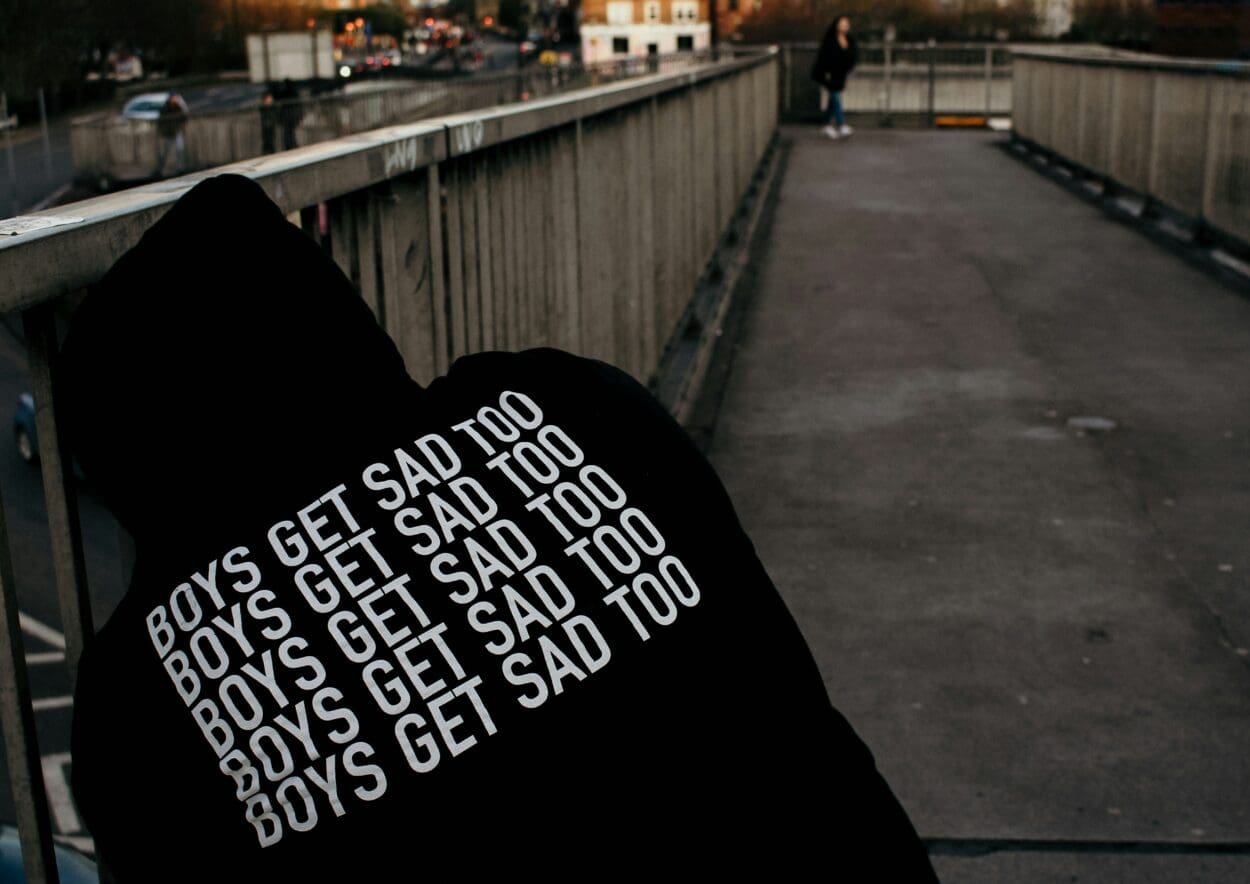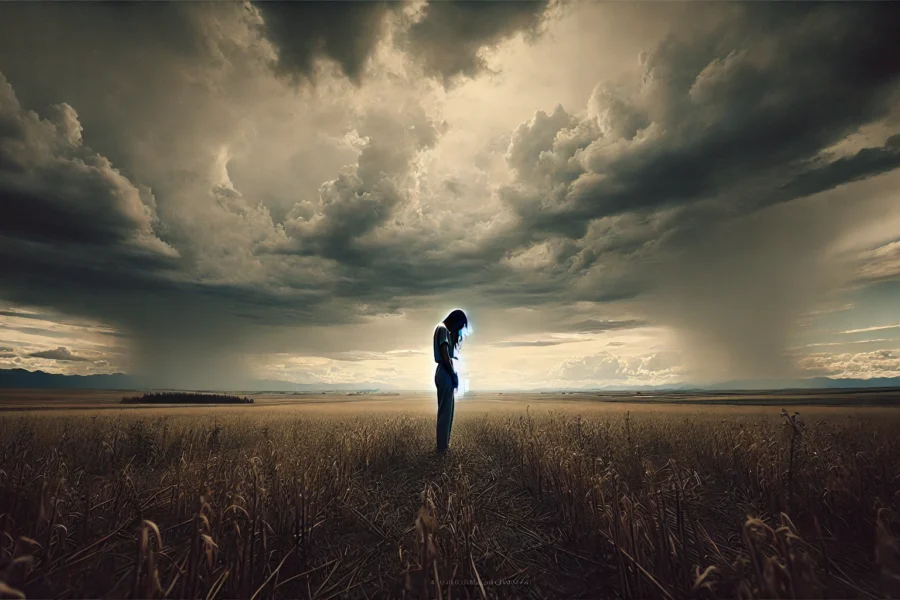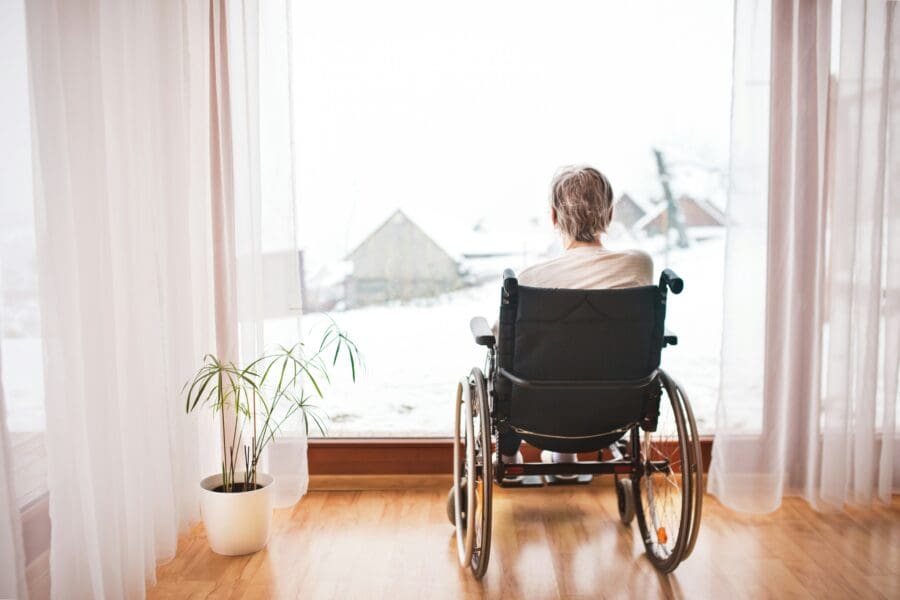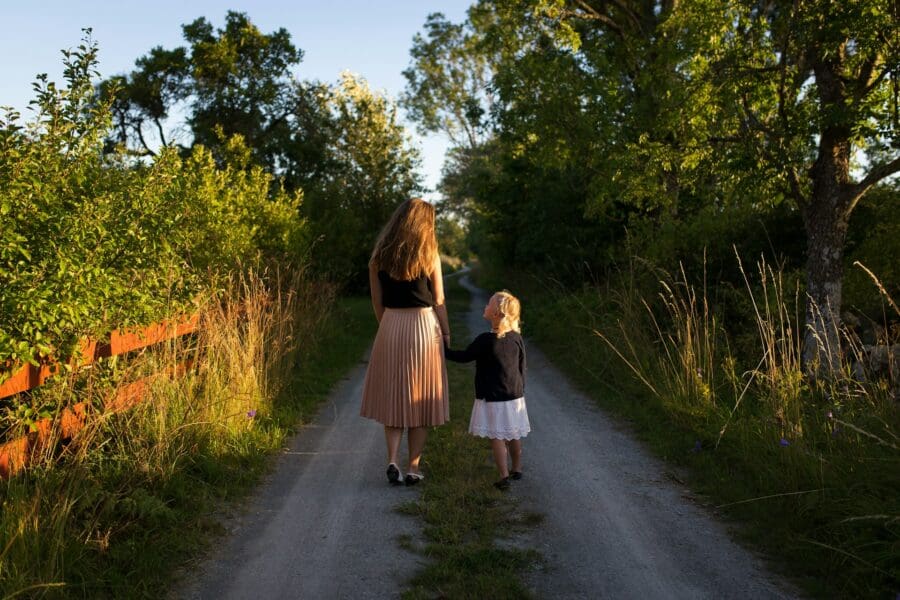Grief is a universal experience, but we don’t all cope with it the same way. Due to societal expectations and stereotypes, men often find it especially difficult to express their emotions.
But why is this and what can be done about it? Here we’ll look at how these stereotypes can affect male grief and how men can get healthier coping mechanisms.
The Stereotypes of Masculinity
While times may be changing slowly, phrases such as “boys don’t cry” and “man up” still exist. From an early age, men are expected to show less emotion than women, especially when it comes to physical and emotional pain.
These societal pressures reinforce the idea that emotion is a sign of weakness. Instead, men should be strong and emotionally restrained. While this approach may help in times of crisis, it can be detrimental when dealing with emotional issues.
How Male Stereotypes Affect Grief
Following the loss of a loved one, men often feel they can’t talk about it, cry, or admit they are feeling vulnerable. Here’s how it can affect their lives:
Emotional Suppression
Men often feel compelled to suppress their emotions. This can lead to a lack of sadness, tears, or other signs of grief. This leads to their emotions being bottled up with no outlet for them.
This can have a wide range of consequences, including the prolonging of the intense pain immediately following a loss. This can increase sadness, stress, and anxiety, which can even manifest itself into physical health issues.
Isolation
A lot of men don’t want to appear weak in public. During extreme sadness, this can cause them to withdraw from social support systems. They don’t want to discuss feelings with friends or family, especially in the company of others.
This isolation can exacerbate feelings of sadness, and can even lead to loneliness and depression. It can even lead men to withdraw from activities they love, such as playing sports or hanging out with friends.
Ineffective Coping Mechanisms
The lack of emotional outlet can lead to unhealthy behaviors. This can include a hyper-focus on work/tasks, managing their environment, and engaging in physical activity. These outlets can provide temporary control and purpose but never address the root cause of the pain.
With no emotional outlet, men can turn to alcohol or drugs as a way to numb the pain. This can cause temporary relief but often causes long-term problems. Not only can there be physical health problems, but it can cause further emotional pain.
Breaking the Stereotypes
There has never been more awareness of the challenges men face in expressing their emotions. However, there is still a lot of work to do. Here’s how you or a loved one can help to get the right support.
Encouraging Emotional Expression
Men need a safe space where they express their emotions. The best place to start is with an open conversation with a loved one. However, that is not always possible.
There are plenty of other places where help can be found. These can include support groups and therapy. Even talking to strangers online can be hugely beneficial. As long as they are talking about their grief, the emotional burden will start being lifted.
Redefining Strength
For men, it’s important to realize that emotion isn’t a weakness. In fact, finding support when you’ve been worried about stereotypes can show incredible strength and courage.
There are now many examples of males who have talked openly about grief. For men, it’s important to remember that no one will ever think less of you or make fun of you for talking about your loss. In fact, you’ll receive more support and encouragement than you ever thought possible.
Promoting Healthy Coping Mechanisms
We’ve talked about unhealthy coping mechanisms, but there are plenty out there that are much better for your body and mind. These can include mindfulness, journaling, and physical exercise.
For men potentially worried about public perception, these coping mechanisms can be a good starting point as they can be done alone. This can allow you to start to feel better and get that weight off your shoulders before you’re ready to open up to others.
Education and Awareness
Whether you’re a man who has suffered from grief and found methods to cope, or a woman who understands male challenges, it’s important to spread awareness about the negative impacts of traditional masculinity.
Whether coping with heartbreak, grief, depression, or anxiety, men need to know they are not alone. Men still commit suicide roughly four times more often than women. By encouraging more inclusive attitudes towards male grief and other emotional pain, we can all play a part in reducing those numbers.







Leave a Comment